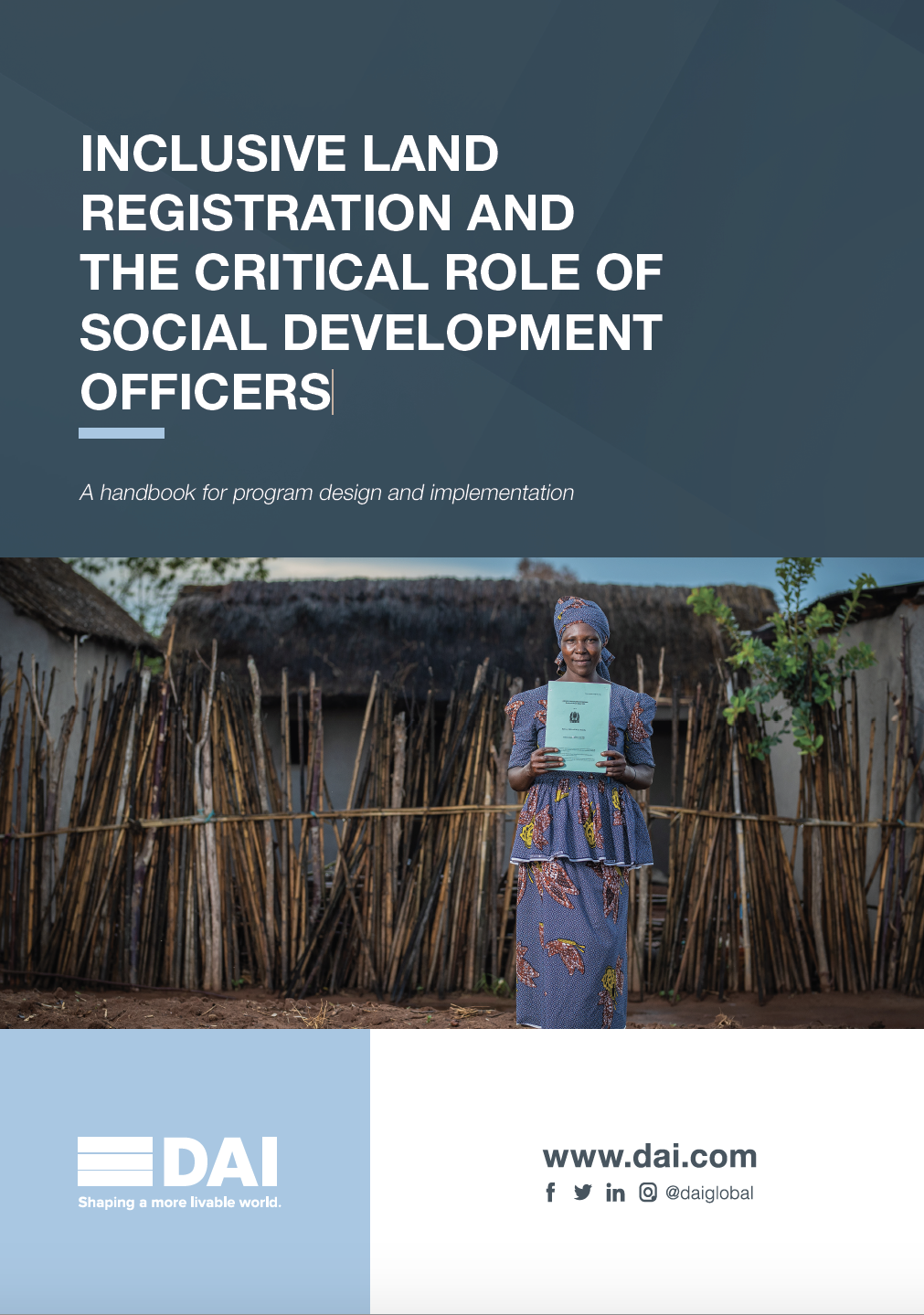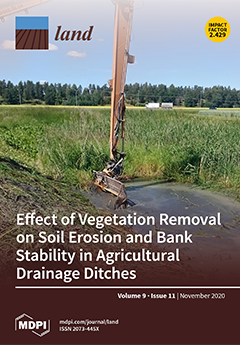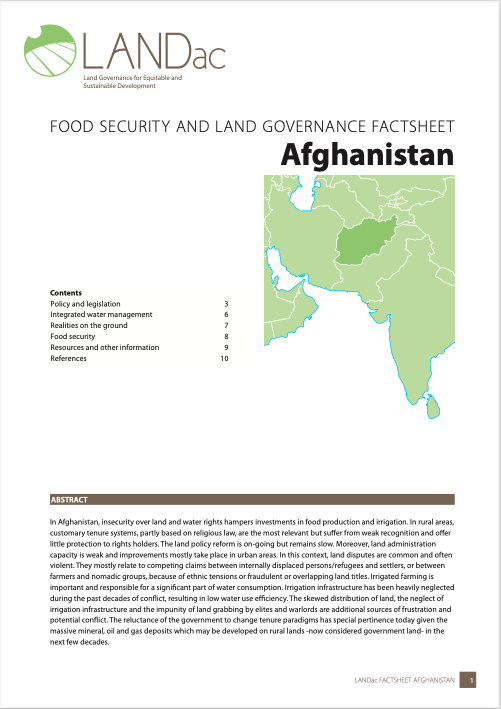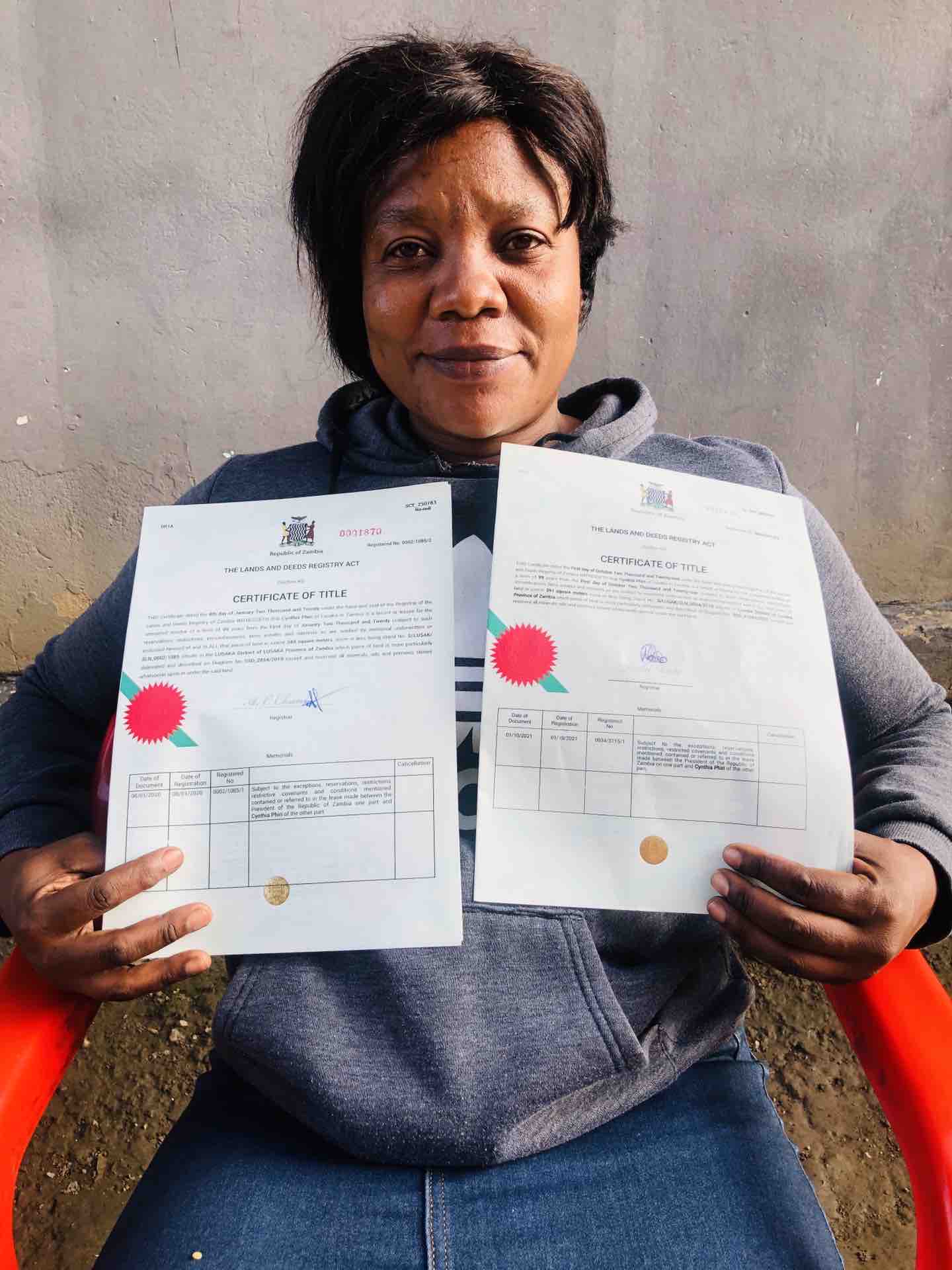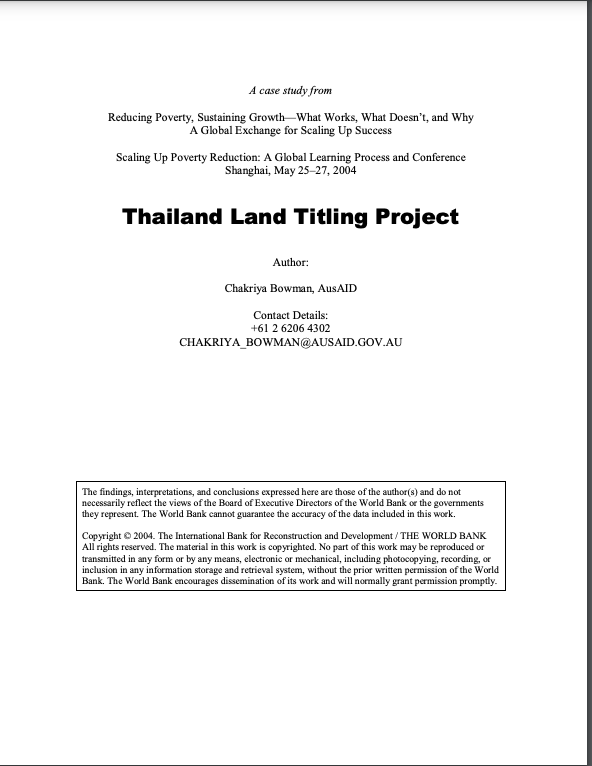North versus South: the impact of social norms in the market pricing of private property rights in Vietnam
SUMMARY: Despite a centralized political system, nation-wide legal reforms, and similar high housing demand pressures, property rights have evolved differently in Vietnam’s two leading cities Hanoi and Ho Chi Minh City during the transition period. Using ethnographic fieldwork and a hedonic price model, the study shows that the two land and housing markets price tenure ambiguity differently. The different price structures indicate the importance of norms, as socially constructed by local political interests and culture, in the efficacy of land title regularization programs.


